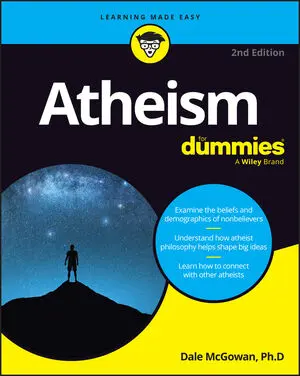Labels can be helpful. There are different labels and types of atheism, among them, implicit atheism and explicit atheism. These labels provide a quick and useful shorthand for understanding what a person does, or who she is, or even what he believes is true about the world.
A quote from an 1861 speech by the pioneering feminist and atheist Ernestine Rose shows how many atheists think of atheism. Rose said, “It is an interesting and demonstrable fact, that all children are Atheists, and were religion not inculcated into their minds they would remain so.” In other words, people who set religious belief aside are returning to a state that is natural for humans — atheism.
Although technically true, this conception of atheism can be a bit misleading. If you define atheism as simply “the absence of belief in God,” a newborn baby (not to mention a pastrami sandwich) qualifies as an atheist because it lacks belief in God. But many are inclined to see the difference between a person’s atheism at birth and their atheism now as a pretty important one.
These two terms define that difference perfectly:
Implicit atheism: An implicit atheist is one who doesn’t believe in any gods but hasn’t consciously rejected such belief.
Explicit atheism: An explicit atheist is one who has consciously chosen to disbelieve — who has, to put it plainly, an actual opinion on the matter.
Other abstract labels exist — implicit negative, explicit negative, weak versus strong, soft versus hard, and so on — and they range from mildly interesting to redundant to silly. You don’t need to know what they all mean to understand what atheism is.





